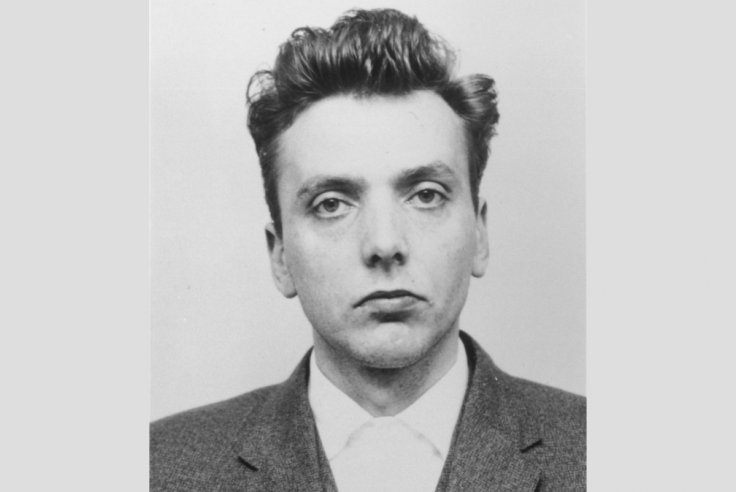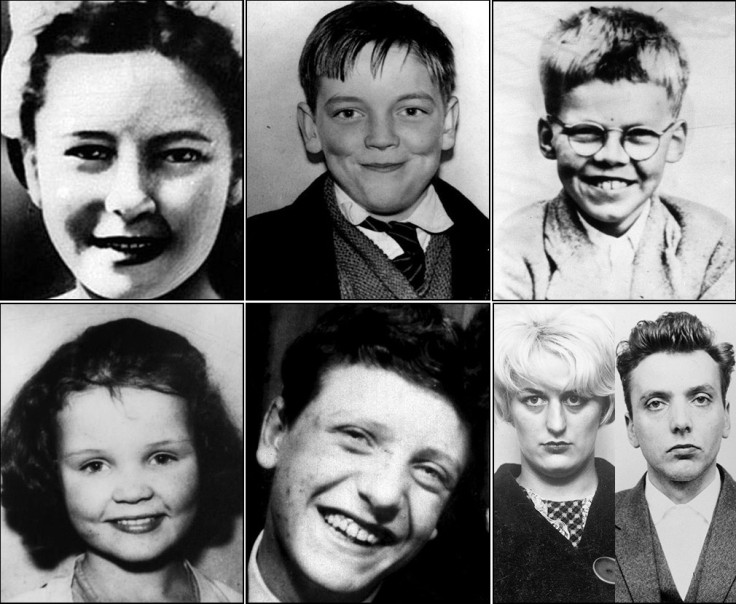Was Ian Brady a psychopath?
Psychopaths plan their crimes down to the least detail and totally lack empathy.
Ian Brady, one of Britain's notorious Moors Murderers, has died. He was jailed for life in 1966 after killing five children in the 1960s with his lover and accomplice, Myra Hindley.
Brady was originally found guilty of abducting and murdering 10-year-old Lesley Ann Downey, 12-year-old John Kilbride, and 17-year-old Edward Evans. In 1987, the two confessed to killing 16-year-old Pauline Reade and 12-year old Keith Bennett.
These crimes shook Britain in the 1960s due to their overtly sadistic nature. During the trial, recordings made by the couple during their kill sessions were played of their young victims pleading for mercy.
As a result, Brady and Hindley were, and remained until their deaths, two of the most hated figures in British criminal history.
Thankfully, rarely has this level of depravity been seen – then or since – in the UK.
Keith Bennet's body was never recovered, despite his mother, Winnie Johnson, begging Brady to reveal her son's last resting place, one week before she died in 2012. She never got her dying wish.
Following confirmation of 79-year-old Brady's demise in a secure hospital, a number of people have asked me – was Ian Brady a psychopath?
Short answer: Yes. And here's why:
Psychopathy is an anti-social personality disorder, and as such comes with certain behavioural traits.
For example, psychopaths plan their crimes down to the least detail; they take calculated risks to avoid being caught, and the clever ones hard to catch.
Most important they totally lack empathy.

The FBI has also noted specific traits between serial killers like Brady and those very high on the psychopathic scale, including predatory behaviour, sensation seeking (including killers who murder to achieve sexual arousal or excitement), lack of remorse, impulsiveness, and the need for power and control over others.
Ian Brady would fit this outline of a true serial killer psychopath. He preyed on children and adolescents, whom he then sexually abused and tortured before finally murdering them, demonstrating his need for power and control.
He never showed any sign of remorse – evidenced by the fact they he never revealed the final resting place of 12-year-old Keith Bennett.
He also enjoyed the sensationalism of the kill; the tapes of their murder would support the hypothesis that they wanted to keep mementos of their crimes.
In addition, the Moors Murderers made few mistakes, and were only caught after Hindley's brother-in-law tipped off the police.
Now, clearly, not everyone with psychopathic tendencies is a serial killer, far from it, and for a more in-depth discussion see here.
But Brady fits the bill of the psychopathic serial killer, and as such was an extremely dangerous human being who no doubt would have gone on killing had he not been caught.

Myra Hindley is more complicated in terms of determining if she was a classic psychopath, or a pawn in Brady's violent and murderous fantasy.
Hindley died in 2002, as Britain's longest serving female inmate. She made three appeals for release, but several UK governments refused to free her – even though she claimed to be a reformed character who had been forced to participate in the abductions and be party to the murders by Brady, the lead protagonist, who dominated her.
Also Hindley did, apparently, show remorse by helping police search (unsuccessfully) for Bennett's body. Brady, however, claimed both were equally to blame for the crimes.
Hindley died in prison after 36 years behind bars, and the answer as to whether she was truly a reformed character, capable of remorse, or a manipulative psychopath died with her.
Brady's death is no loss to humanity. All that can be hoped is this brings some closure to the families of his victims, and an end to one of Britain's worst examples of serial crime.
Dr Xanthé Mallett is a forensic criminologist at the University of Newcastle, Australia, author, television presenter, and social commentator.
© Copyright IBTimes 2025. All rights reserved.





















